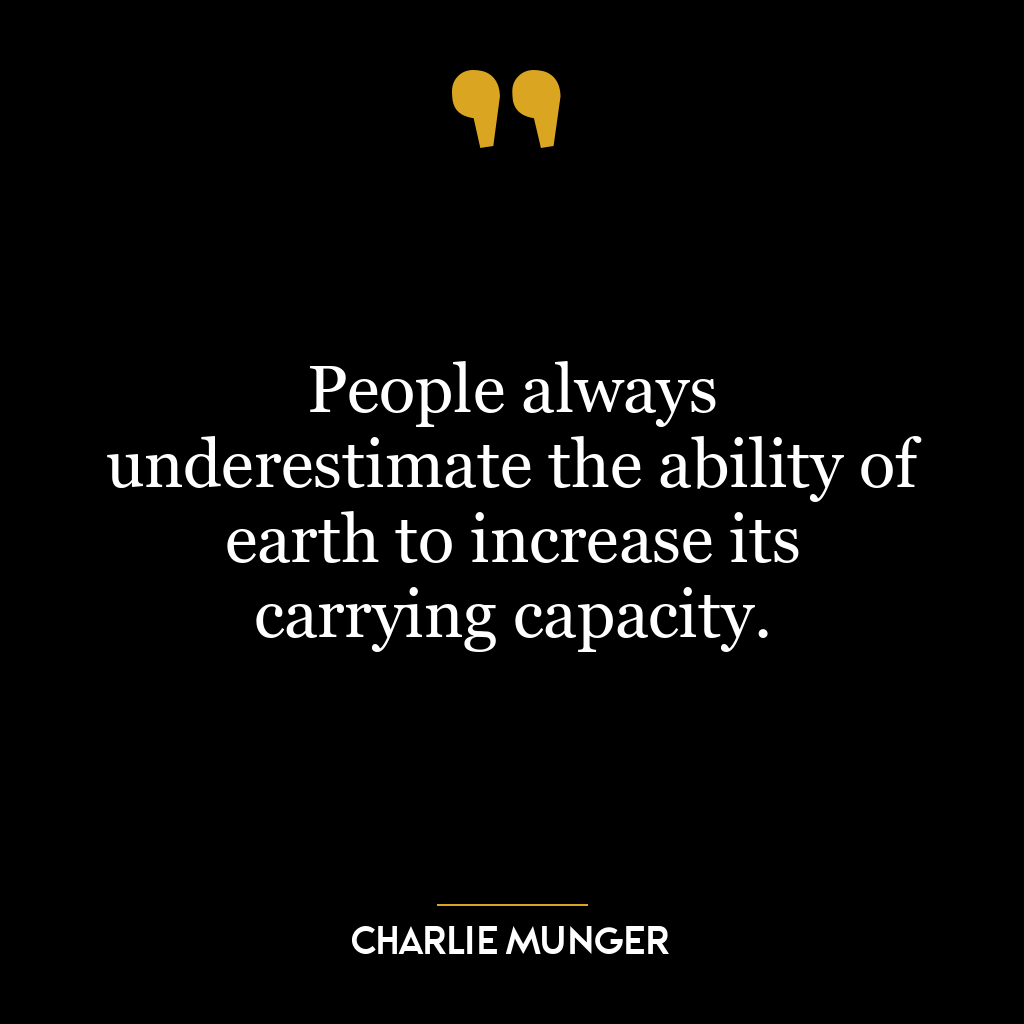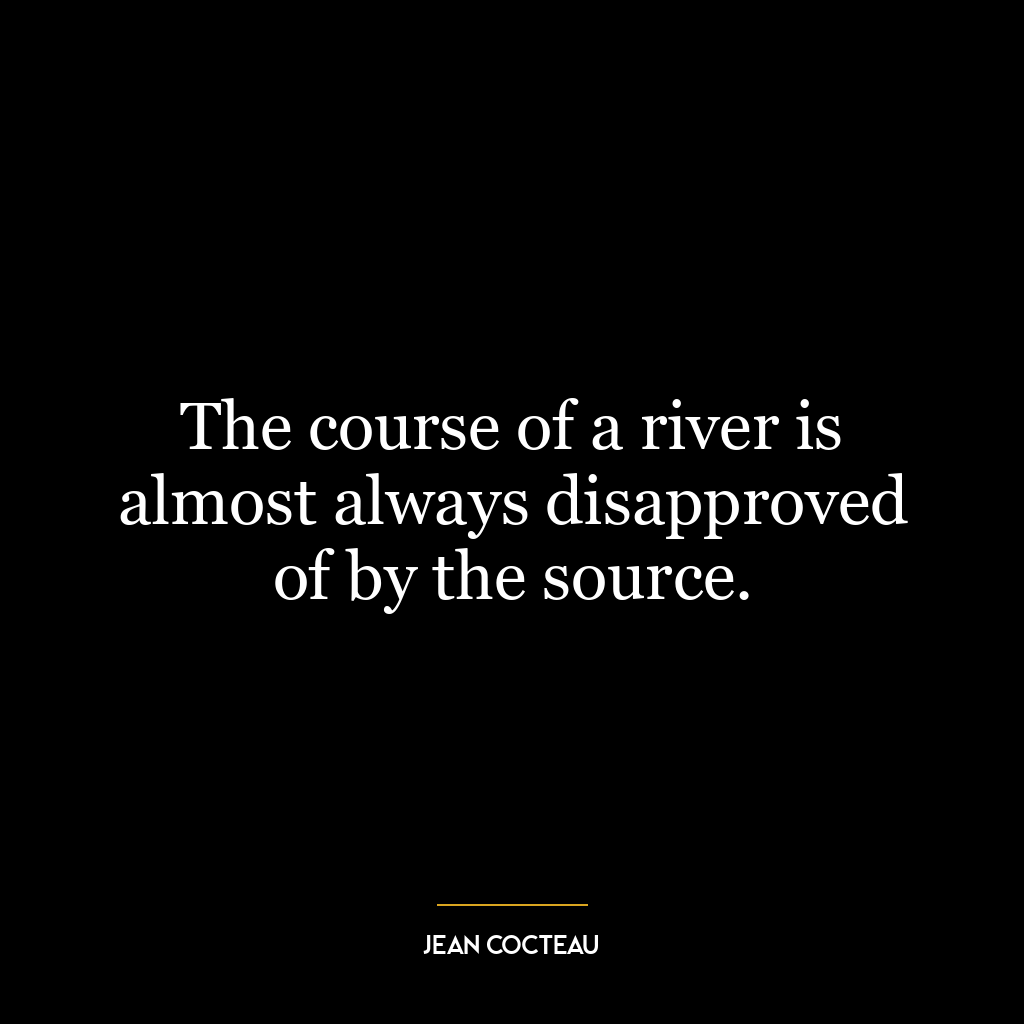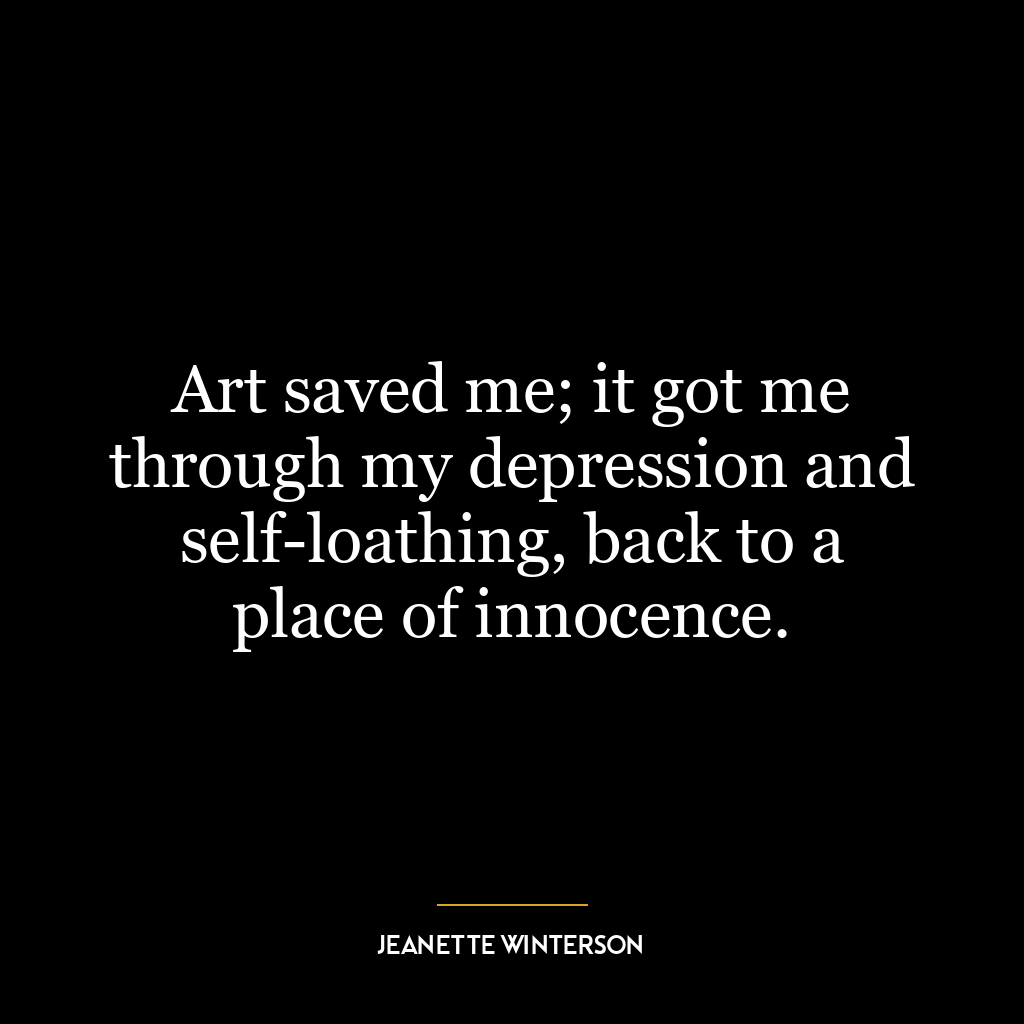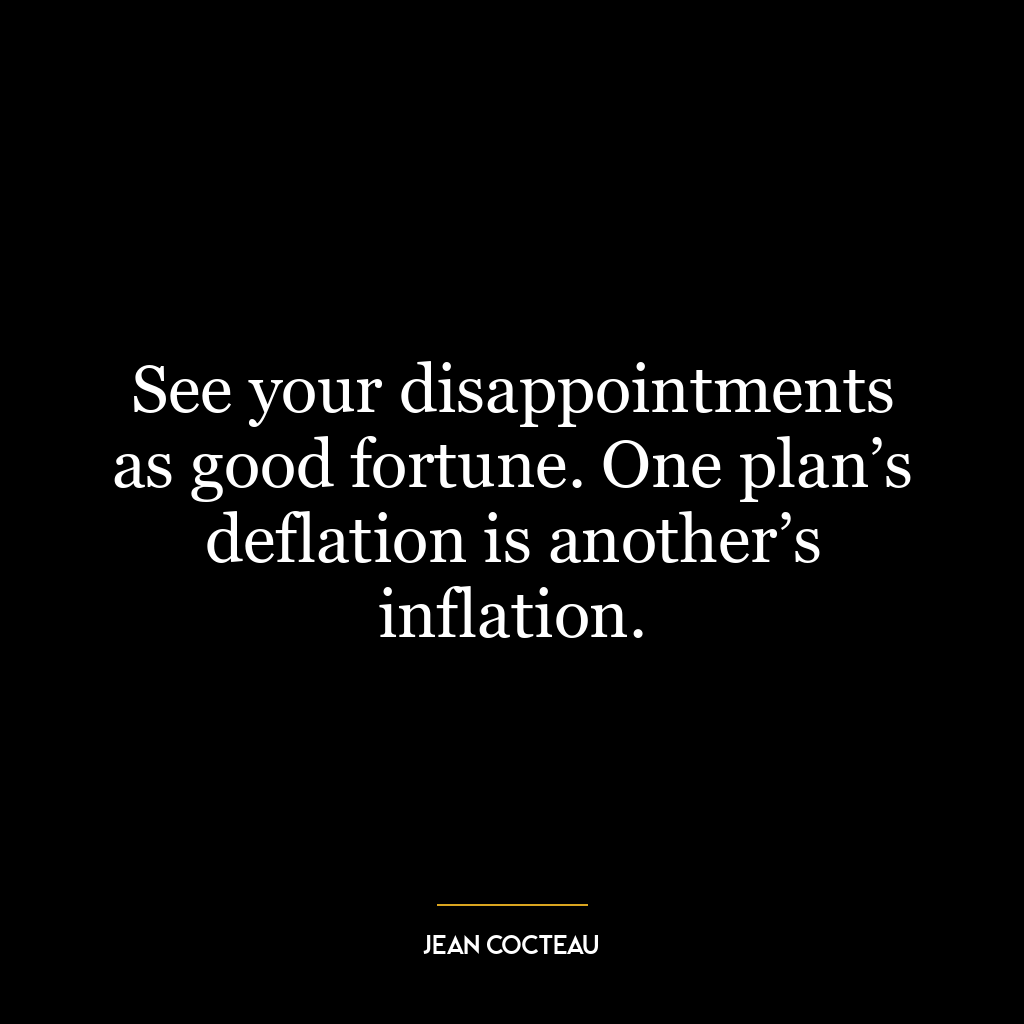This quote suggests that tragedy, while painful and devastating, is not the end of everything. Instead, it opens a door to rebuilding and transformation. The essence of this quote lies in the concept of resilience and the human capacity to recover from adversity. Tragedy, in this context, can be any significant loss or failure that shatters our present circumstances or plans.
The idea is that when our lives are disrupted by a tragic event, we are forced to reassess our priorities, values, and goals. This can lead to a process of rebuilding that might not have occurred without the tragedy. The rebuilding process can make us stronger, wiser, and more in tune with our authentic selves. It’s not about returning to our old life, but about creating a new one that may be even more fulfilling and meaningful.
In today’s world, this idea is particularly relevant. Many people have faced tragedies such as losing loved ones, jobs, or their health due to the pandemic. In such circumstances, this quote can serve as a reminder that even in the face of such immense loss and change, there is still the opportunity to rebuild and create a new path forward.
In terms of personal development, this quote can be seen as a call to resilience and growth. It suggests that we should not allow tragedy to defeat us. Instead, we should use it as a catalyst for personal transformation. It’s about finding the strength within ourselves to rise from the ashes of tragedy and build a life that reflects our newfound understanding and perspective.
This might involve developing new skills, pursuing a new career, fostering stronger relationships, or finding new ways to contribute to our communities. It’s about turning a negative situation into a positive one, using adversity as a stepping stone to personal growth and fulfillment. It’s a testament to the indomitable human spirit and our ability to adapt, evolve, and thrive in the face of adversity.











